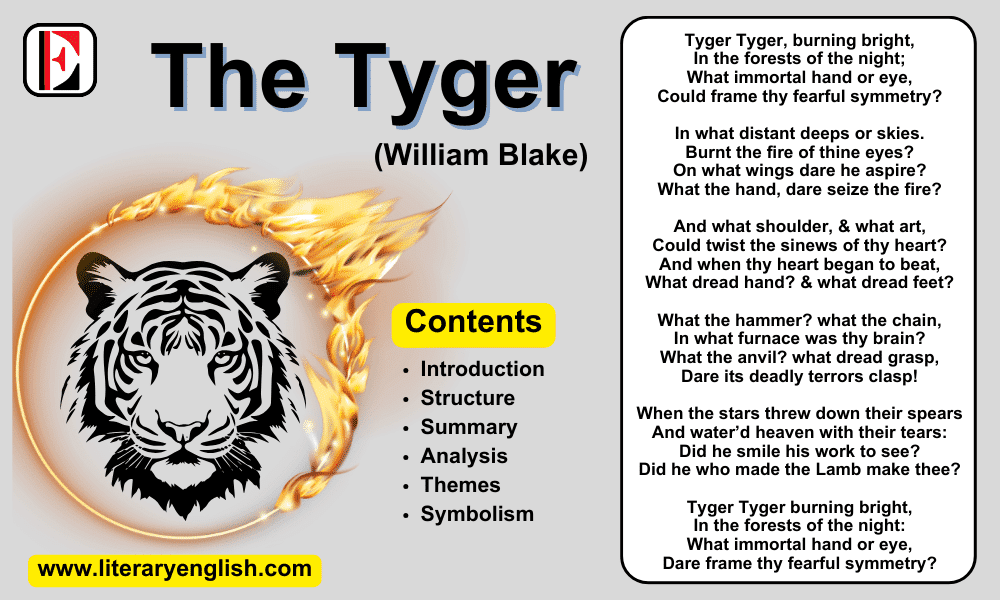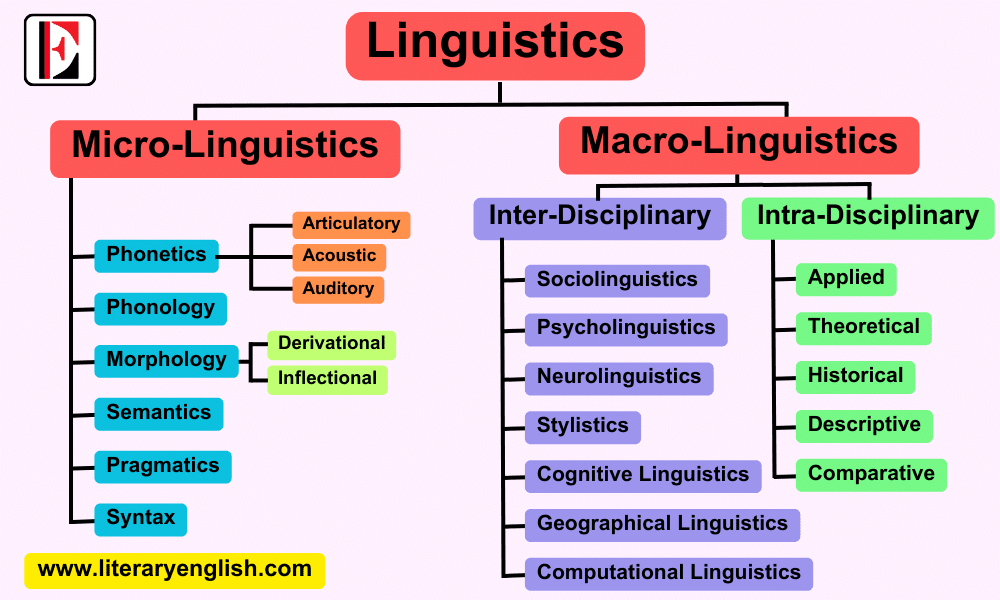Summary & Analysis of “A Poison Tree” by William Blake
Text of the Poem: A Poison Tree I was angry with my friend; I told my wrath, my wrath did end. I was angry with my foe: I told it not, my wrath did grow. And I waterd it in fears, Night & morning with my tears: And I sunned it with smiles, And … Read more




